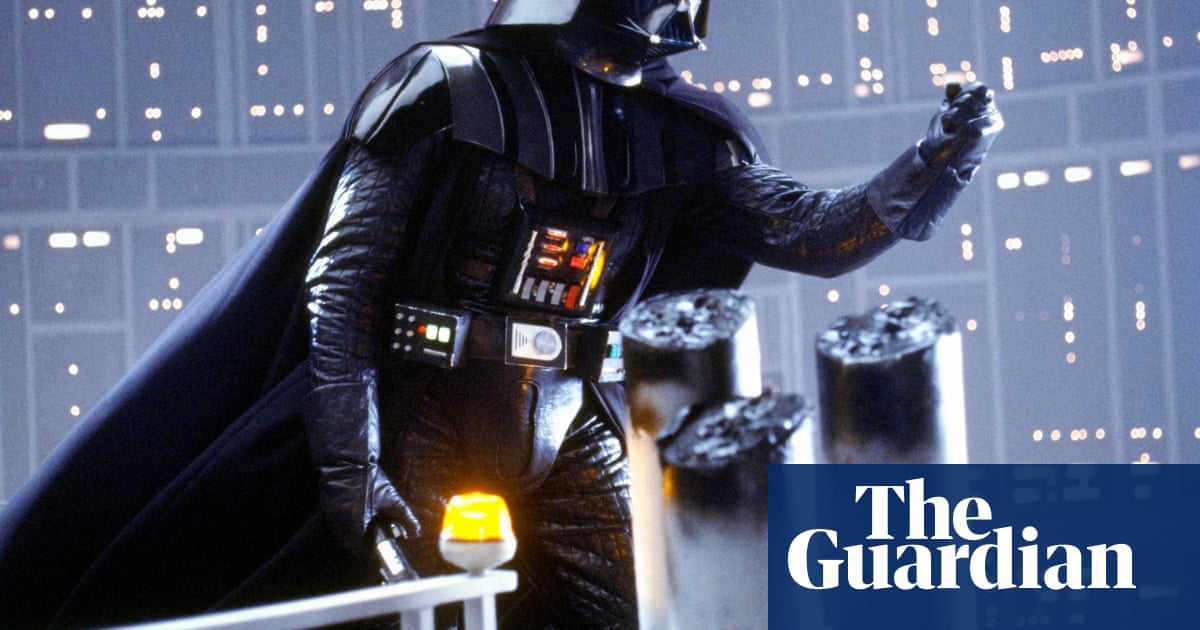DisneyandUniversalsued anartificial intelligencecompany on Wednesday, alleging copyright infringement. In their lawsuit, the entertainment giants called Midjourney’s popular AI-powered image generator a “bottomless pit of plagiarism” for its alleged reproductions of the studios’ best-known characters.
The suit, filed in federal court in Los Angeles, claims Midjourney pirated the libraries of the two Hollywood studios, making and distributing without permission “innumerable” copies of their marquee characters such as Darth Vader from Star Wars, Elsa from Frozen, and the Minions from Despicable Me. Midjourney did not immediately respond to a request for comment.
The suit by Disney and Universal over images and video represents a new frontier in the raging legal wars over the copyright and the creation of generative artificial intelligence. Previous suits have covered copyrighted text and music; Disney and Universal are two of the biggest industry players thus far to sue over images and videos.
Horacio Gutierrez, Disney’s chief legal officer, said in a statement: “We are bullish on the promise of AI technology and optimistic about how it can be used responsibly as a tool to further human creativity, but piracy is piracy, and the fact that it’s done by an AI company does not make it any less infringing.”
NBCUniversal’s executive vice-president and general counsel, Kim Harris, said the company was suing to “protect the hard work of all the artists whose work entertains and inspires us and the significant investment we make in our content”.
The studios claim the San Francisco company, one of the earliest to offer an AI product that generated images, rebuffed their request to stop infringing on their copyrighted works or, at a minimum, take technological measures to halt the creation of AI-generated images that copied the characters.
Instead, the studios argue, Midjourney continued to release new versions of its AI image service that boast higher-quality infringing images. Midjourney can recreate animated images from a typed request, or prompt. AI companies use enormous troves of data, often retrieved from millions of websites, to train programs to generate new images or text.
In a 2022 interview with Forbes, Midjourney CEO Holz said he built the company’s database by performing “a big scrape of the Internet”.
In the suit filed by seven corporate entities at the studios that own or control copyrights for the various Disney andUniversal Picturesfilm units, the studios offered examples of Midjourney animations that include Disney characters, such as Yoda wielding a lightsaber, Bart Simpson riding a skateboard, Marvel’s Iron Man soaring above the clouds and Pixar’s Buzz Lightyear taking flight. The image generator also recreated such Universal characters as How to Train Your Dragon’s dragon, Toothless, the green ogre Shrek and Po from Kung Fu Panda.
“By helping itself to plaintiffs’ copyrighted works, and then distributing images (and soon videos) that blatantly incorporate and copy Disney’s and Universal’s famous characters – without investing a penny in their creation – Midjourney is the quintessential copyright free-rider and a bottomless pit of plagiarism,” the suit alleges.
Disney and Universal asked the court for a preliminary injunction, to prevent Midjourney from copying their works, or offering its image- or video-generation service without protections against infringement. The studios also seek unspecified damages.
Midjourney, founded in 2021 by David Holz, monetizes the service through paid subscriptions and generated $300m in revenue last year alone, the studios said.
Sign up toTechScape
A weekly dive in to how technology is shaping our lives
after newsletter promotion
This is not the first time Midjourney has been accused of misusing artists’ work to train their AI systems. A year ago, a California federal judge found that 10 artists behind a copyright infringement suit against Midjourney, Stability AI and other companies had plausibly argued these AI companies had copied and stored their work on company servers, and could be liable for using it without permission. That ruling allowed the lawsuit over the unauthorized use of images to proceed. It is in the process of litigation.
The cases are part of a wave of lawsuits brought by copyright owners including authors, news outlets and record labels against tech companies over their use of copyrighted materials for AI training without permission.
Asked whether he sought consent of the artists whose work was covered by copyright, Holz responded: “there isn’t really a way to get a hundred million images and know where they’re coming from.” OpenAI said early last year in a filing to the UK government that it would be “impossible to train today’s leading AI models without using copyrighted materials”.
In late 2023, the New York Times sued OpenAI, maker of ChatGPT, and Microsoft, which owns a 49% stake in the startup, alleging unauthorized use and reproduction of its articles, which comprise a vast corpus of text. The suit is ongoing. Other news outlets, including the Guardian, have reached agreements to license their archives to artificial intelligence companies. Book authors have likewise sued Meta for alleged use of a huge database of pirated books to train its Llama AI models, though many of the writers’ claims have been dismissed.
In June 2024, major record labels sued two AI companies for copyright infringement. Sony Music Entertainment, Universal Music Group Recordings and Warner Records accused Suno and Udio of exploiting millions of songs to create engines that could “spit out” obviously derivative music.
